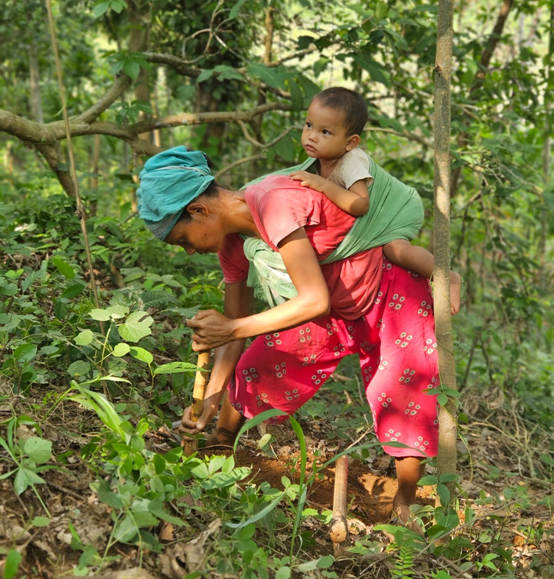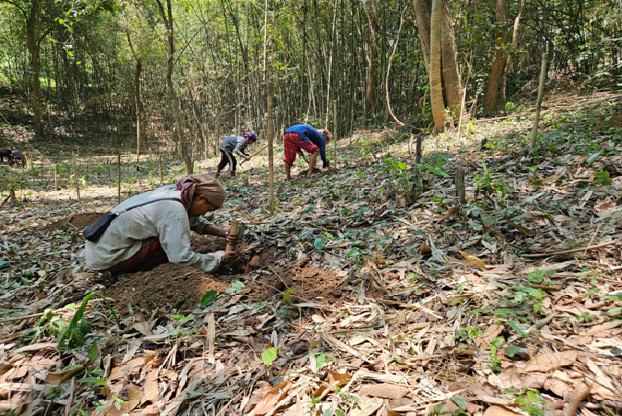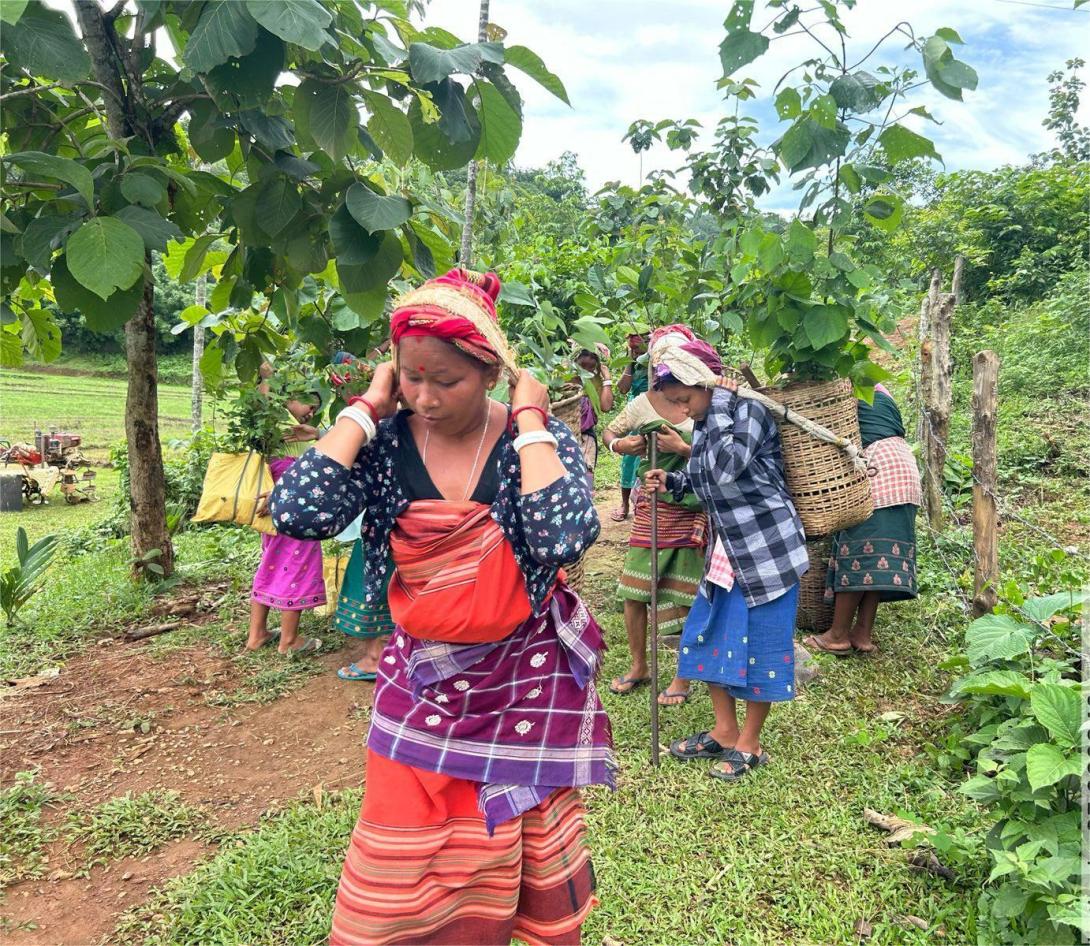Women play an essential role in all spheres of life, whether as caregivers, breadwinners, or labourers. However, in the context of rural development, the participation of women in decision-making and community-building leadership roles is often lacking or almost non-existent. Despite the pivotal role they play, social setbacks and inequalities between men and women impede their ability to fulfill their potential.
Women in Rural Development
Studies have consistently shown that when women are empowered socially and economically, they become significant agents of change. This empowerment can transform communities and drive sustainable development. Yet, in many rural areas, traditional gender roles and systemic inequalities hinder women's participation in leadership and decision-making processes.
Meghalaya, a state in Northeastern India, presents an interesting case. Although 85% of its communities follow matriarchal traditions, women's participation in decision-making, rural development, and socio-legal matters related to land, income, and community affairs remains minimal.
Women as Agents of Change
As the MegLIFE Project enters its fourth year, the active participation of women in various activities is highly encouraging. Women are now engaged in manual labour such as plantation and construction tasks, including pit digging, clearing jungles, and carrying headloads of bricks and cement. They work alongside their male counterparts, earning an equal income and contributing to their financial stability.
These activities, which might seem menial to urban dwellers, empower women to claim financial independence. By pooling their earnings, women set up cooperatives, retaining control over their finances and fostering community development.
Ecological Restoration and Sustainable Development
The MegLIFE Project also emphasizes ecological restoration, educating and training women to understand their impact on forests and forest products. By promoting sustainable practices, the project ensures that women can meet their resource needs without compromising environmental health. This gender-inclusive approach aligns with the United Nations Sustainable Development Goals (SDGs), particularly those related to gender equality and ecosystem restoration.
The MegLIFE Project: A Gender-Inclusive Approach
The MegLIFE Project, funded by the Japan International Cooperation Agency (JICA), recognizes the critical importance of including women in all stages of project design, implementation, and monitoring. This initiative understands that women in rural communities hold unique roles, responsibilities, and knowledge, distinct from those of men. They are often the primary population affected by the drudgery required to fulfill their roles as homemakers and family caretakers.
To address these challenges, the MegLIFE Project mandates the inclusion of women in Village Project Implementation Committees and Executive Committees. This inclusion significantly impacts decisions made during meetings, whether related to labour, resource distribution, or access to finance. Women's involvement strengthens the project planning process, ensuring that activities are appropriate for local conditions.


The MegLIFE Project demonstrates that empowering women in rural communities can drive significant positive change. By involving women in decision-making and leadership roles, the project not only enhances their socio-economic status but also promotes sustainable development. As the project progresses, it serves as a model for other rural development initiatives, showcasing the transformative power of gender-inclusive approaches.
.photo-gallery { margin: 20px 0; } .photo-row { display: flex; flex-wrap: wrap; gap: 20px; justify-content: center; } .photo-row img { flex: 1 1 calc(50% - 20px); max-width: calc(50% - 20px); height: auto; object-fit: cover; border-radius: 4px; } .full-width-img { width: 100%; max-width: 100%; height: auto; border-radius: 4px; } @media (max-width: 768px) { .photo-row img { flex: 1 1 100%; max-width: 100%; margin-bottom: 15px; } }
